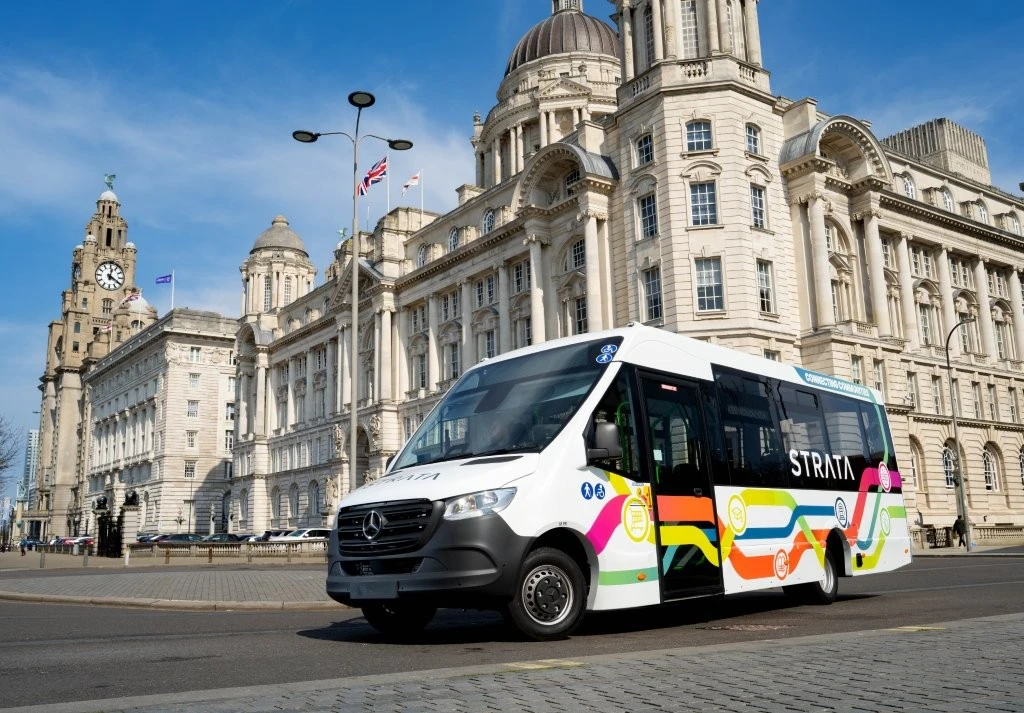Essential Safety Devices for Trailers

Essential Safety Devices for Trailers
When it comes to road safety, trailers need just as much attention as the vehicles pulling them. To navigate safely, trailers require a set of safety devices to help prevent accidents and mitigate the impact when they occur. In this post, we'll delve into the essential safety devices that must be fitted to a trailer to ensure optimal safety on the road.
1. Trailer Brake Systems
Brake systems are essential safety devices that every trailer should have. The larger and heavier the trailer, the more critical a robust brake system becomes. There are several types of trailer brake systems, with the most common being electric brakes, hydraulic surge brakes, and air brakes. Your choice will depend on the type, size, and weight of your trailer.
2. Safety Chains
Safety chains are designed to keep the trailer connected to the towing vehicle in case the hitch fails. These chains should be strong enough to carry the trailer's weight and should be crisscrossed under the hitch to form an 'X.' This design will catch the tongue if it disconnects, preventing it from dropping to the road.
3. Breakaway System
A breakaway system is designed to apply the trailer's brakes if it becomes accidentally disconnected from the towing vehicle while driving. This system includes a battery and a switch attached to the towing vehicle with a cable. If the trailer disconnects, it pulls the cable, activating the switch and applying the trailer brakes.
4. Trailer Lights and Reflectors
Proper lighting is vital for any trailer. This includes brake lights, tail lights, turn signals, and clearance lights. These lights help other drivers see your trailer and predict your actions, especially in dark or low-visibility conditions. Reflectors are also essential for visibility during night driving or when parked.

5. Tires and Wheel Bearings
Regularly checking the tires and wheel bearings is crucial for trailer safety. Tires should be properly inflated, and wheel bearings should be well-lubricated to prevent overheating and possible failure.
6. Trailer cameras
Cameras play a crucial role in enhancing road safety for commercial vehicle trailers by providing drivers with an improved field of vision, reducing blind spots, and enabling better maneuverability. Their presence ensures a heightened awareness of surrounding traffic, pedestrians, and potential hazards, ultimately minimizing accidents and promoting a safer road environment.
7. Coupling Devices
Coupling devices or trailer hitches connect the trailer to the towing vehicle. They should be robust and reliable, capable of handling the trailer's weight. Coupling devices should be regularly inspected for any wear and tear and replaced if needed.
8. Trailer Mirrors
Especially important for larger trailers, trailer mirrors enhance the driver's field of vision. They help the driver to see the road behind and on the sides of the trailer, making manoeuvres like changing lanes or reversing safer and easier.
Whether you're a trailer owner or a driver, understanding what safety device must be fitted to a trailer is essential for ensuring road safety. Regular maintenance and inspections can also help keep these devices in top working condition, further enhancing your safety on the road.
.webp)

.png)
